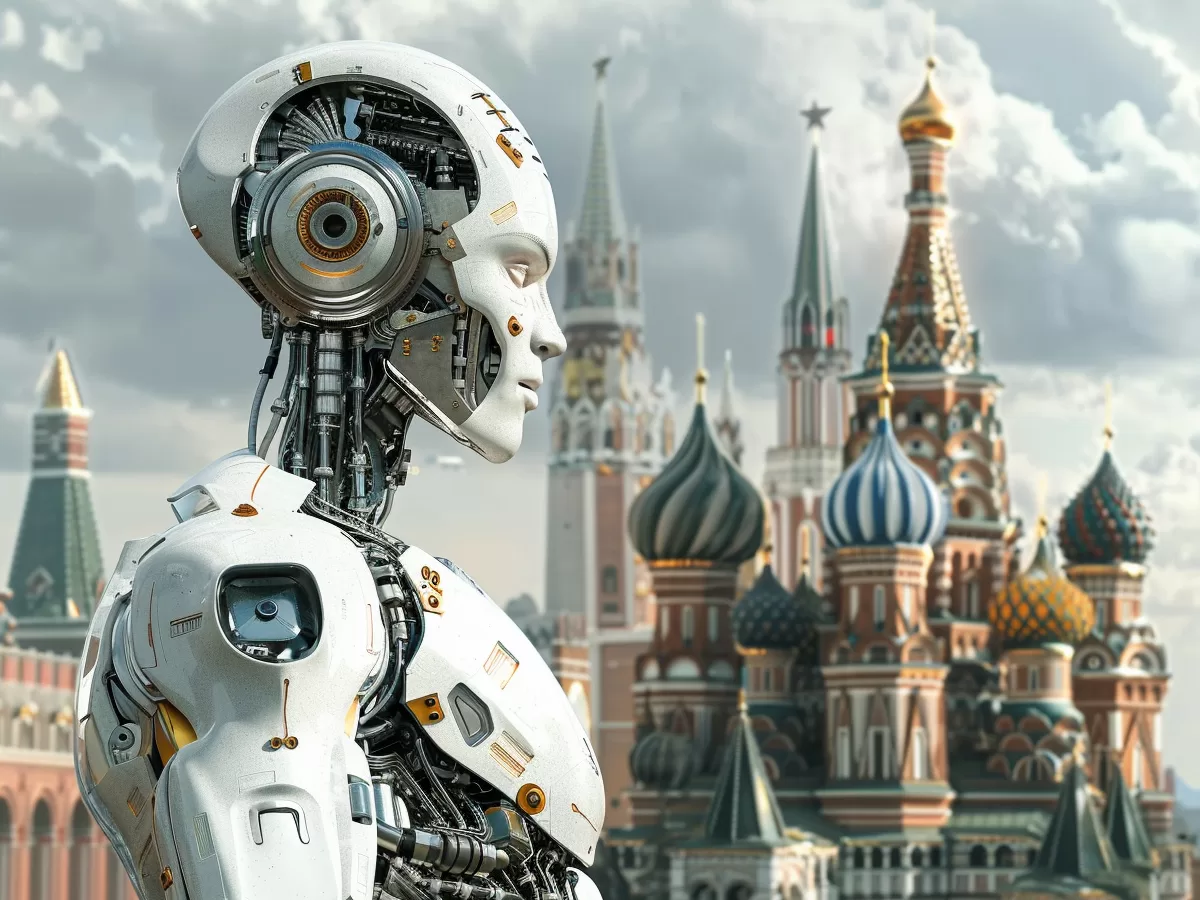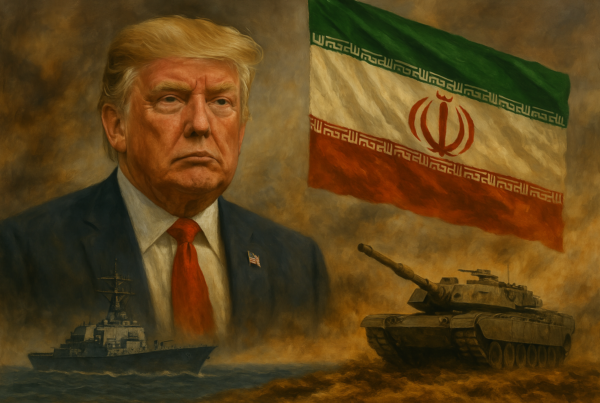In the realm of ideology in Russia, we are presented with the following scenario.
The state has made significant efforts to marginalise radical liberals. This process began in 2000 and took 24 years across several administrations. The influence of liberals on Russian ideology has steadily declined, yet it remains quite substantial, particularly in culture, education, and science. Such an uncertain and protracted struggle against liberalism can only be conducted by liberals themselves or by those who have not received clear and explicit directives from above.
At the same time, just as unswervingly but just as slowly — occasionally freezing on the same frame for a year or more — the rise of patriotism proceeded. This was demanded by the annexation of Crimea and, even more so, by the Special Military Operation. Yet, even here, the government acted as cautiously and uncertainly as it did with the dismantling of liberalism.
However, it was necessary to prepare new cadres, and the main focus became the preparation of a special type — pure volunteers, ideological drones, unmanned managers. This led to the emergence of an interesting phenomenon — a class of ideologically neutral statists, oriented towards power and the administrative hierarchy as such.
Initially, in the 2000s, they tried to implant a simulacrum of ideology, and later they abandoned this approach. The mass training of young and not-so-young volunteers of power gave rise to a whole new managerial class. In some ways, it resembles the functioning of a computer or artificial intelligence. It does not matter what data the operator loads or what commands are given. The computer is not supposed to reason. The main thing is that the algorithms work correctly.
However, this principle was also applied to ideology, where such a model looks odd — an ideological class with zero-ideology, political drones. No longer liberal (minus-ideology) but not yet patriotic (plus-ideology).
Volunteers — carriers of zero-ideology — are now produced on an industrial scale. This is half good (they are not liberals) and half bad (they are not patriots). The Special Military Operation and the war with the West (which is for the long haul, maybe forever) demand further and rapid shift towards the ideology of substantive patriotism. Carriers of zero-ideology are perfectly tuned drones, and they will be excellent for this purpose — for processing the patriotic programme. But the operator must press the ‘enter’ button. And the operator’s finger trembles. For now, the volunteers from the government process what exists. For now, this is a testing ground and laboratory. But it is time to launch the programme.
Meanwhile, different neural networks are gradually forming in society and among the people — with a distinctly expressed patriotic content. These are not zero-volunteers, but plus-volunteers — heroes of the front and the rear. The state stands on them. They create victory and, thus, history. They are driven by spirit.
Zero-volunteers have nothing against patriots. But they are not for them either. They have a different algorithm. It is time to unite these networks.
I hope that after the elections, the government will press the ‘enter’ button to load a fully fledged patriotic programme into society, the general outlines of which have been clearly laid out by the president — the decree on traditional values, the concept of foreign policy, etc. Plus-ideology — the foundations of patriotism have been announced and generally described by the authorities. It makes sense if their implementation starts in full force after the elections.
After all, it is time for us to start winning.







